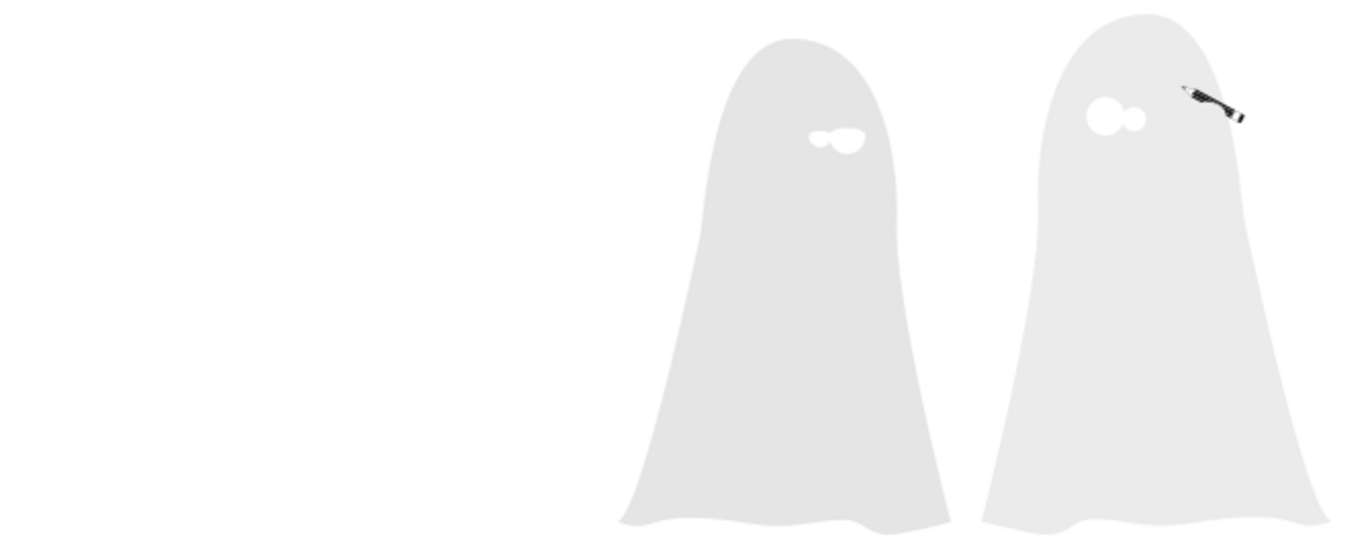Reexaminations see six-times as many ‘ghost students’
The number of first-year students at Arts who were absent from reexaminations in the winter is six times higher than last year. Due to the study progress reform, students are automatically registered for reexamination, even though many may have already decided to drop out. The empty exam slots lead to a considerable waste of resources, says Leo Normann Pedersen, who is head of studies administration at Arts.

More co-examiners and examiners than normal have been able to put their feet up at the Arts reexaminations this winter. A record number of first-year students never turned up to their second examination attempt, according to statistics from Arts Studies Administration published in April.
They registered a total of 498 first-year students who were registered for written and oral reexaminations in continuation of the previous semester. Of these, 306 did not turn up.
By comparison, the previous year 51 out of 171 first-year students were absent from their reexaminations.
Director of studies at the Department of Culture and Society, Liselotte Malmgart, points to the study progress reform, which came into force for first-year students last year, as the primary explanation for the increase. The reform means that the students are automatically registered for reexamination if they either fail or are absent from the ordinary examination.
"However, in many cases this is most likely a student who has decided not to continue with the degree programme and therefore is not going to take a reexamination", says Liselotte Malmgart.
Considerable waste of resources
The many absent students lead to an unnecessary additional use of resources, says Leo Normann Pedersen, head of studies administration at Arts.
“It’s clearly a problem. If this turns out to be a trend in the future then a considerable sum will be wasted," he says.
For the oral exams, not only do the co-examiner and examiner have to be paid, they also waste their time when the students fail to turn up, explains the head of studies administration. There is also a large amount of administrative planning involved, which could have been avoided.
According to Leo Normann Pedersen, written exams are less of a problem. Here waste of resources could involve booking unnecessarily large examination rooms.
Would have helped if the rule had not been introduced
Arts has not calculated what the six fold increase in ‘ghost students’ actually costs. But this could be necessary, says Liselotte Malmgart, who would like to see the automatic reexamination registration rule for first-year students abolished.
"It would definitely have helped us if the rule hadn’t been introduced. The waste of resources ought to be at least weighed against what ever benefits politicians believe it has," she says.
Liselotte Malmgart’s superior at the Department of Culture and Society, Department Head Bjarke Paarup, does not wish to directly answer the question of whether or not he would like to see the rule abolished.
"We’re tasked with making sure that the students graduate on time. This is one of the tools we have. But traditionally there are many people who find out they would rather be doing something else during their first year of study. So if they don’t come to the ordinary exam, you could discuss whether it makes sense to automatically register them for reexamination," he says.
Discount exams
On the other hand, the department head is not in doubt about how the resources that are wasted because of empty seats at reexaminations could be used.
"The money could be used to create exams with stronger learning outcomes which integrate the teaching as much as possible. Unfortunately, this really encourages people to do the opposite and to hold exams which are simply check-ups because that’s cheapest," he says.
Facts
Registered and absent first-year students – autumn examinations
|
| Registered | Absent |
Autumn 2013 | Ordinary | 4944 | 412 |
| Reexamination | 171 | 51 |
Autumn 2014 | Ordinary | 5020 | 378 |
| Reexamination | 498 | 306 |
The first-year students who began in September 2014 are the first class to be subject to the automatic registration for exams rule due to the study progress reform. The previous year the students themselves were responsible for exam registration. Figures from Arts Studies Administration show a marked increase in both registered and absent students at the reexamination.
From next semester, the automatic registration rule for both the examination and reexamination will apply to all students at the Danish universities.
Minister summoned to consultation
On 28 April, Minister for Higher Education and Science Sofie Carsten Nielsen, was summoned to a consultation about the negative consequences of the study progress reform. In relation to the increase in reexaminations, the minister stated that the students should receive more feedback and that that the requirements for passing an exam and doing well within the scheduled time for teaching should be made clear to the students.
Translated by Peter Lambourne.

